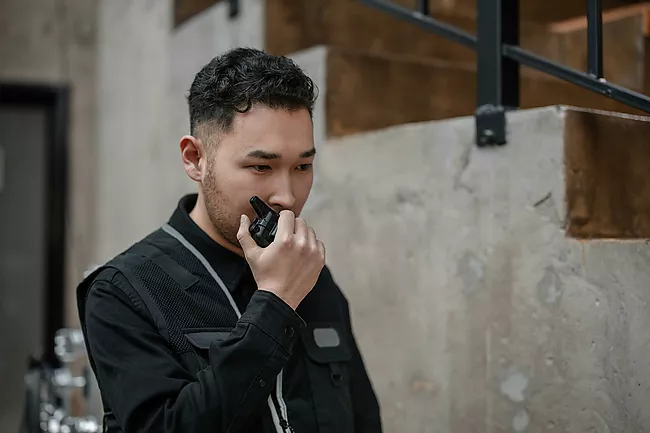To become a security guard and work in the private security sector, one must meet a series of requirements that align with the appropriate profile and comply with current security laws.
To enjoy job security and work as a professional in this field, it is essential to complete the necessary training to obtain the Professional Certificate of Surveillance and Private Security. This certificate is crucial to acquiring the Professional Identification Card (TIP), an essential requirement to perform duties as a Private Security Guard.
The regulations establish a set of mandatory conditions to obtain the Professional Certificate of Surveillance and Private Security, although not all are required to take the respective course:
- Be a citizen of a European Union member state.
- Be of legal age.
- Hold a Secondary Education degree, Technician, or other equivalent professional qualification.
- Possess the necessary physical and mental abilities for the position.
- Have no criminal record for serious offenses.
- Have not been dismissed from the Armed Forces or Law Enforcement agencies.
- Have not been convicted for unlawful intrusion into personal and family privacy, honor rights, or other fundamental rights.
- Have not received a penalty in the last two years (serious offense) or four years (very serious offense) in the private security field.
What Does the Security Guard Training Involve?
Security guard training includes both theoretical and practical content, organized into five areas totaling 186 hours. These areas include:
- Physical capabilities area
- Instrumental area
- Technical-professional area
- Legal area
- Socio-professional area
These areas cover topics such as first aid, self-defense, physical training, legal education, and firearms practice, ensuring comprehensive and professional preparation.
What Exam Must the Security Guard Take to Obtain Their TIP?
The exam to obtain the Professional Identification Card (TIP), which allows one to work in a security company and perform security guard duties, is divided into two main tests:
Physical aptitude tests: The candidate must present a medical certificate proving they meet the necessary physical and mental conditions to perform the tests. These tests assess the candidate's upper and lower body strength, as well as their endurance and strength.
Knowledge test: This consists of a 100-question multiple-choice exam, with a maximum time of 50 minutes. The candidate must correctly answer at least 50% of the questions to pass. Incorrect answers result in point deductions.






